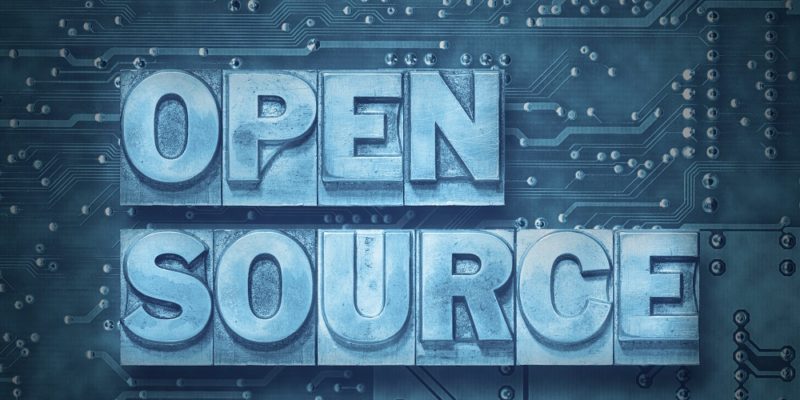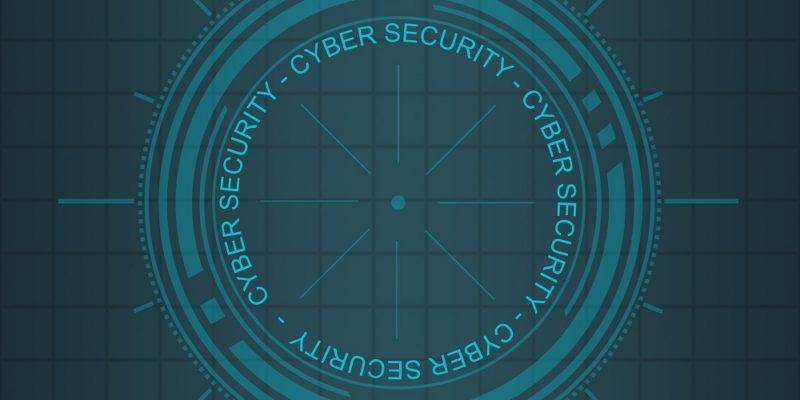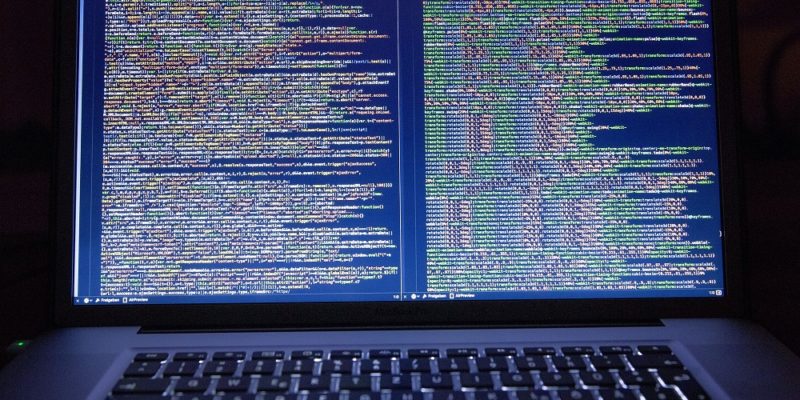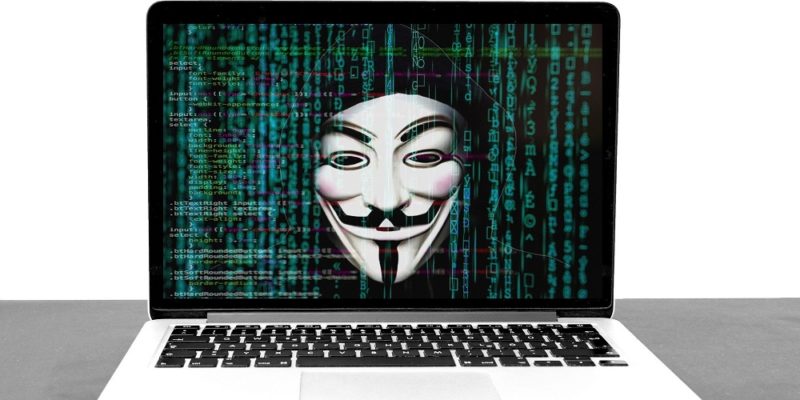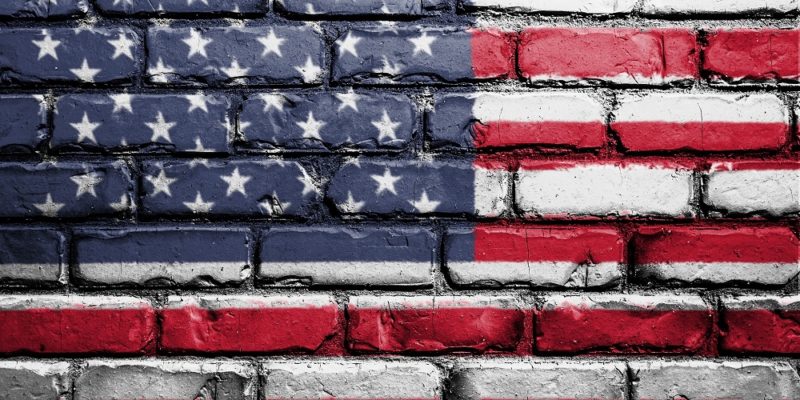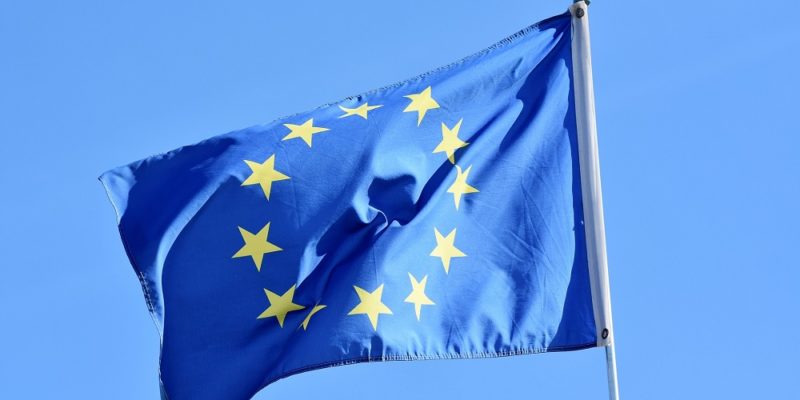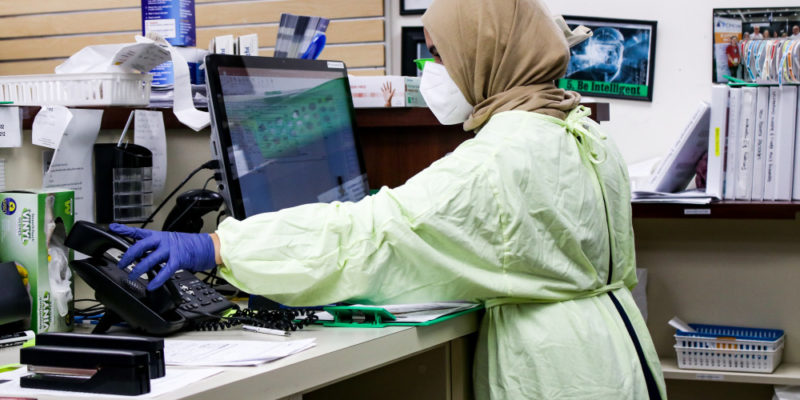 Open Source Code: The Next Major Wave of Cyberattacks
Open Source Code: The Next Major Wave of Cyberattacks
Open source software is ubiquitous. It has become an unequaled driver of technological innovation because organizations that use it don’t have to reinvent the wheel for common software components. However, the ubiquity of open source software also presents a significant security risk, as it opens the door for vulnerabilities to be introduced (intentionally or inadvertently)…

